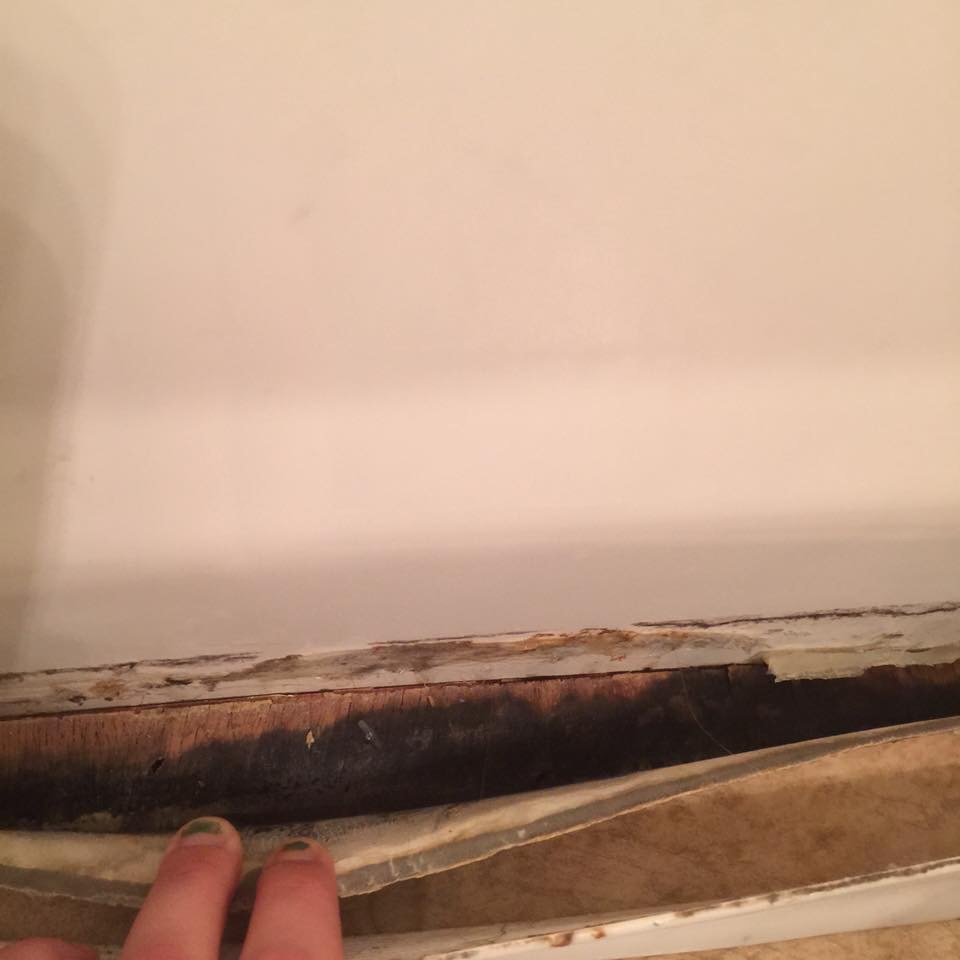Finding Your Voice: Advocating for Health in the Face of Mold Exposure
Written by Casey McCurry
Casey is the Director of Intake and Client Advocacy at JUST WELL LAW, she is a mold survivor, a mother, and a fierce advocate for military families. Read Casey’s biography and learn more about her by visiting our contributing writers list here.
Living with mold exposure can be a lonely and overwhelming experience. The persistent symptoms, the lack of understanding from others, and the isolation can make it feel like you’re fighting a losing battle. However, despite these challenges, it’s crucial to find your voice and advocate for your health. This journey isn’t easy, but by taking proactive steps, you can regain some control over your life and health.
Understanding the Importance of Advocacy
Advocating for your health means taking an active role in managing your condition. This starts with acknowledging that your symptoms are real and deserve attention. Mold exposure can cause a wide range of health issues, from respiratory problems and chronic fatigue to cognitive difficulties and skin irritations. These symptoms can significantly impact your quality of life, and it’s important to seek the right kind of help.
Seeking Specialized Medical Care
One of the first steps in advocating for your health is finding doctors who specialize in mold exposure and environmental illnesses. Unfortunately, not all healthcare providers are knowledgeable about the effects of mold, which can lead to misdiagnosis or inadequate treatment. Here’s how to find the right medical support:
1. Research and Referrals: Start by researching doctors and clinics that specialize in environmental medicine. Online resources, such as the American Academy of Environmental Medicine (AAEM) and the International Society for Environmentally Acquired Illness (ISEAI), can provide directories of qualified practitioners. Additionally, seek referrals from support groups or online communities where others have had positive experiences.
2. Prepare for Appointments: When you find a specialist, prepare for your appointments by documenting your symptoms, medical history, and any previous treatments. Keep a journal detailing your experiences with mold exposure, including when and where you believe you were exposed, and how your symptoms have progressed. This information can help your doctor understand your condition better and develop an effective treatment plan.
3. Be Persistent: If you don’t feel heard or your symptoms are dismissed, don’t be afraid to seek a second opinion. Finding the right doctor may take time, but your health is worth the effort.
Joining Support Groups
Connecting with others who understand your struggle can be incredibly validating and empowering. Support groups provide a safe space to share experiences, gain advice, and receive emotional support. Here’s how to find and engage with support groups:
1. Local Support Groups: Look for local support groups focused on mold exposure or environmental illnesses. Hospitals, community health centers, and wellness centers may host these groups. Meeting people face-to-face can create strong bonds and a sense of community.
2. Online Communities: If local support groups are not available or accessible, online communities can be a lifeline. Platforms like Facebook, Reddit, and specialized forums have groups where individuals share their experiences with mold exposure. These communities often provide practical advice, recommendations for doctors and treatments, and emotional support.
3. Participate Actively: Don’t be afraid to participate actively in these groups. Share your story, ask questions, and offer support to others. The more you engage, the more you’ll benefit from the collective knowledge and empathy of the group.
Educating Yourself and Others
Education is a powerful tool in dispelling myths and misconceptions about mold exposure. By educating yourself, you can make informed decisions about your health and help others understand the seriousness of your condition. Here’s how to educate yourself and others:
1. Research: Read books, articles, and scientific studies about mold exposure and its effects on health.
2. Attend Workshops and Seminars: Look for workshops, seminars, and webinars on mold and environmental health. These events can provide up-to-date information and connect you with experts in the field.
3. Share Credible Information: When discussing your condition with others, share credible information. Provide resources from reputable organizations and explain your experiences in a way that helps others understand. This can help reduce stigma and foster empathy.
4. Advocate for Awareness: Consider becoming an advocate for mold awareness. Share your story through blogs, social media, or speaking engagements. By raising awareness, you can help others recognize the signs of mold exposure and seek help sooner.
Conclusion
Finding your voice and advocating for your health in the face of mold exposure is not just about seeking medical help; it’s about reclaiming your power and educating others. It’s about connecting with those who understand and can offer support. By taking these steps, you can navigate the challenges of mold exposure with greater confidence and resilience.
Remember, you are not alone in this journey. There are doctors, support groups, and communities ready to help you. By educating yourself and others, you can break the silence around mold exposure and ensure that your voice is heard. Your health and well-being are worth fighting for, and by advocating for yourself, you take the first step toward a better, healthier future.

